Navigating Peer Pressure: How to Stay Financially Responsible in a Culture of Consumerism. Find Out More In Our Latest Article!
THIS ARTICLE MAY CONTAIN AFFILIATE LINKS, MEANING I GET A COMMISSION IF YOU DECIDE TO MAKE A PURCHASE THROUGH MY LINKS AT NO COST TO YOU. PLEASE READ MY AFFILIATE DISCLOSURE FOR MORE INFO.
DON’T HAVE TIME TO READ THE FULL ARTICLE. HERE’S WHAT YOU ARE MISSING.
Navigating Peer Pressure: Staying Financially Responsible in a Culture of Consumerism
As we navigate our daily lives, we are constantly bombarded with messages encouraging us to buy and spend more. The pressure to consume can be overwhelming, whether through advertising, social media, or our peers.
This is especially true for young adults who are just starting in their careers and may feel the need to keep up with their friends or colleagues.
Understanding Peer Pressure
Peer pressure can be a powerful force that influences our behavior and spending habits. We may feel compelled to buy the latest gadgets, trendy clothes, or expensive meals to fit in with our social group.
However, it’s essential to recognize that our financial decisions have long-term consequences and can impact our future financial security.
The Psychology of Consumerism
Consumerism is driven by the belief that buying more will make us happier or more fulfilled. However, research has shown that the happiness derived from material possessions is often short-lived. We quickly adapt to our new possessions and crave even more. It’s essential to recognize that true happiness comes from within and cannot be bought with money.
Understanding Peer Pressure
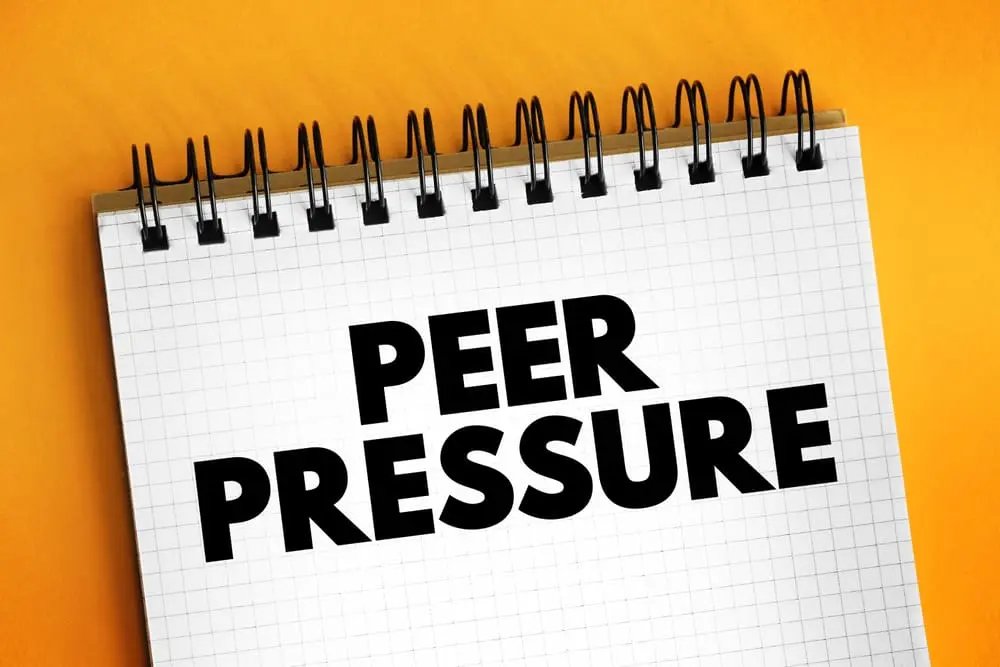
Defining Peer Pressure
Peer pressure refers to peers’ influence on each other’s behavior, attitudes, and beliefs. It is a form of social influence that can be both positive and negative. Positive peer pressure can encourage individuals to engage in healthy behaviors, while negative peer pressure can lead to risky or harmful behaviors.
Types of Peer Pressure
Peer pressure can take many forms, including:
- Direct peer pressure involves overt requests or demands to engage in certain behaviors, such as buying a particular product or attending a party.
- Indirect peer pressure is more subtle and involves nonverbal cues, such as using certain products or clothing styles.
- Individual peer pressure involves an individual’s desire to conform to the norms of a particular group, even if it means contradicting their values or beliefs.
- Group peer pressure occurs when a group of peers pressures an individual to conform to the group’s norms and values.
Understanding the different types of peer pressure is essential for navigating it effectively and making responsible financial decisions. By recognizing peers’ influence on our behavior, we can take steps to resist negative peer pressure and make choices that align with our values and goals.
The Psychology of Consumerism

Humans are social creatures, and those around us often influence our behavior. This is particularly true when it comes to spending money. Our desire to fit in and be accepted by our peers leads us to make purchases we wouldn’t otherwise make.
Social Influence on Spending
Peer pressure can take many forms, from subtle comments about our appearance or possessions to more overt pressure to participate in group activities that involve spending money. While it can be difficult to resist these pressures, it’s important to remember that our financial well-being is ultimately more important than fitting in with a particular group.
One way to combat social influence on spending is to surround ourselves with people who share our values and priorities. By building a network of friends and acquaintances who prioritize financial responsibility, we can reduce the pressure to spend money on things that don’t align with our goals.
Advertising and Media Impact
Advertising and media are another major factor in our spending habits. Companies spend billions of dollars each year trying to convince us to buy their products, often using highly persuasive and emotional messages. It’s essential to be aware of these tactics and to approach advertising critically.
One way to do this is to limit our exposure to advertising and media. This might mean cutting back on TV time, unsubscribing from promotional emails, or using ad blockers on our web browsers. By reducing our exposure to advertising, we can reduce its influence on our spending habits.
Understanding the psychology of consumerism can help us make more informed and responsible financial decisions. By recognizing the social and media pressures that can influence our spending habits, we can take steps to resist these pressures and prioritize our long-term financial health.
Financial Responsibility
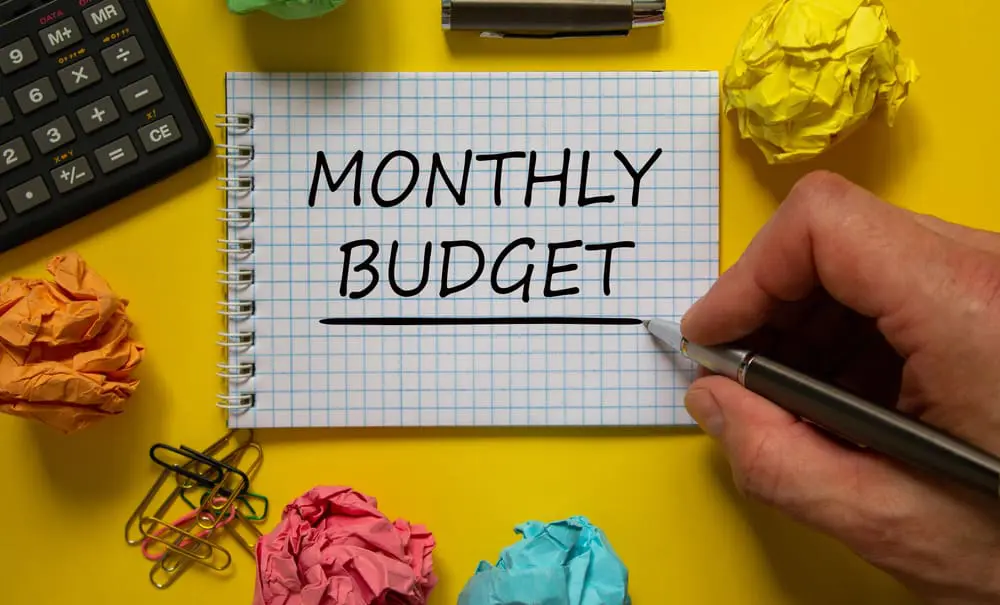
As a financially responsible individual, I understand the importance of managing my money wisely. In today’s consumer-driven society, resisting the urge to overspend and keep up with the latest trends can be challenging. However, with the right tools and mindset, navigating peer pressure and staying on track towards financial stability is possible.
Budgeting Essentials
One of the most crucial steps toward financial responsibility is creating and sticking to a budget. A budget is a plan that outlines your income and expenses, allowing you to track your spending and ensure that you are living within your means. To create a budget, start by listing all of your sources of income and then subtracting your fixed expenses, such as rent or mortgage payments, utilities, and insurance. Next, allocate a portion of your remaining income towards savings and investments, and then divide the rest among your discretionary expenses, such as entertainment, dining out, and shopping.
Consider using tools such as budgeting apps or spreadsheets to make budgeting easier. These tools can help you track your spending and stay accountable to your financial goals. Review your budget regularly and make adjustments to ensure it remains realistic and practical.
Long-Term Financial Planning
In addition to budgeting, long-term financial planning is essential for achieving financial stability and security. This involves setting goals and creating a plan, such as saving for retirement or purchasing a home. Consider your long-term financial goals and then make a plan to achieve them. This may involve saving a certain percentage of your income each month, investing in stocks or mutual funds, or seeking the advice of a financial advisor.
It is also essential to protect your financial future by investing in insurance and other forms of risk management. This may include health insurance, life insurance, disability insurance, or an emergency fund to cover unexpected expenses.
By prioritizing financial responsibility and making wise financial decisions, you can navigate peer pressure and achieve long-term financial stability. Remember to stay focused on your goals, create a budget, and seek the advice of a financial advisor when needed.
Strategies to Resist Peer Pressure
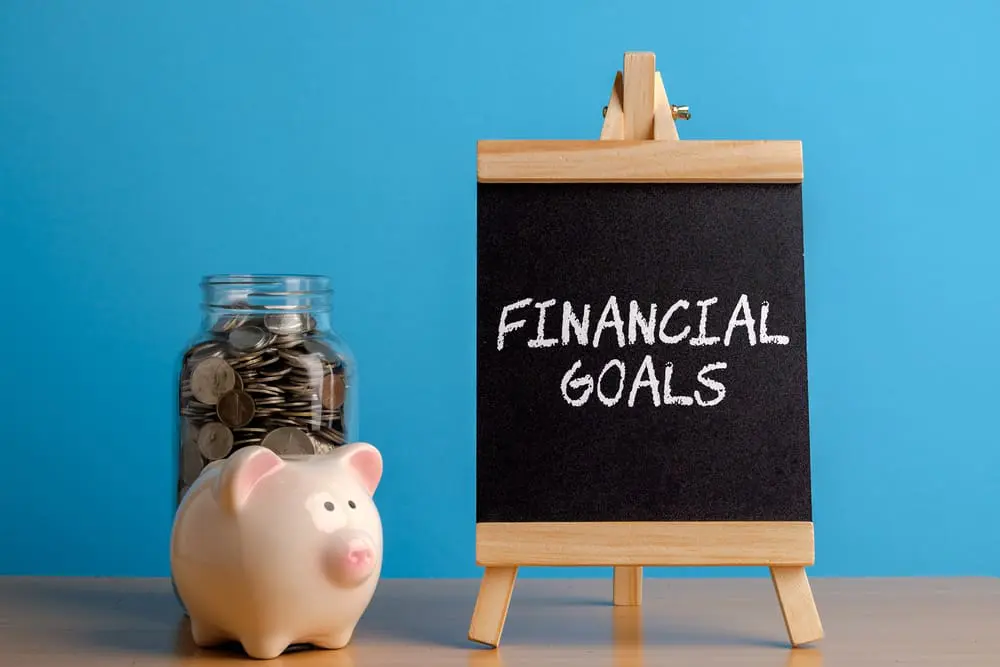
As a financially responsible individual, resisting peer pressure and making wise financial decisions is essential. Here are some strategies that I find helpful:
Setting Personal Financial Goals
One of the best ways to resist peer pressure is to have a clear idea of what your financial goals are. This can help you make informed decisions about your spending and avoid giving in to impulsive purchases. Start by setting short-term and long-term financial goals and creating a budget that aligns with those goals. This will help you stay on track and avoid overspending.
Learning to Say No
It can be challenging to say no to friends or family members who want you to spend money on things you don’t need or want. However, learning to say no is essential to being financially responsible. One way to do this is to be honest with your friends and explain that you have financial goals you are trying to achieve. Another approach is to suggest alternative activities that are less expensive or free.
By setting personal financial goals and learning to say no, you can resist peer pressure and stay financially responsible. Remember to prioritize your financial well-being and make decisions that align with your long-term goals.
The Role of Social Media

As social media plays a significant role in our daily lives, it has become increasingly important to understand its impact on our spending habits. This section will discuss the relationship between social media and financial responsibility.
Online Trends and Spending Habits
Social media platforms are designed to keep us engaged and scrolling for hours. As a result, we are constantly bombarded with advertisements and sponsored posts that promote consumerism. It’s easy to get caught up in the latest trends and feel pressure to keep up with our peers.
One way to combat this is to be mindful of our online activity and limit our exposure to these posts. We can also follow accounts that promote financial responsibility and share tips on how to save money.
Creating a Positive Online Environment
In addition to being mindful of our online activity, we can contribute to a positive online environment by sharing our financial successes and encouraging others to do the same. By sharing tips and tricks for saving money, we can help our peers navigate the pressures of consumerism and make informed financial decisions.
If used mindfully, social media can be a powerful tool for promoting financial responsibility. By being aware of our online activity and contributing to a positive online environment, we can navigate peer pressure and stay financially responsible in a culture of consumerism.
Building Support Systems
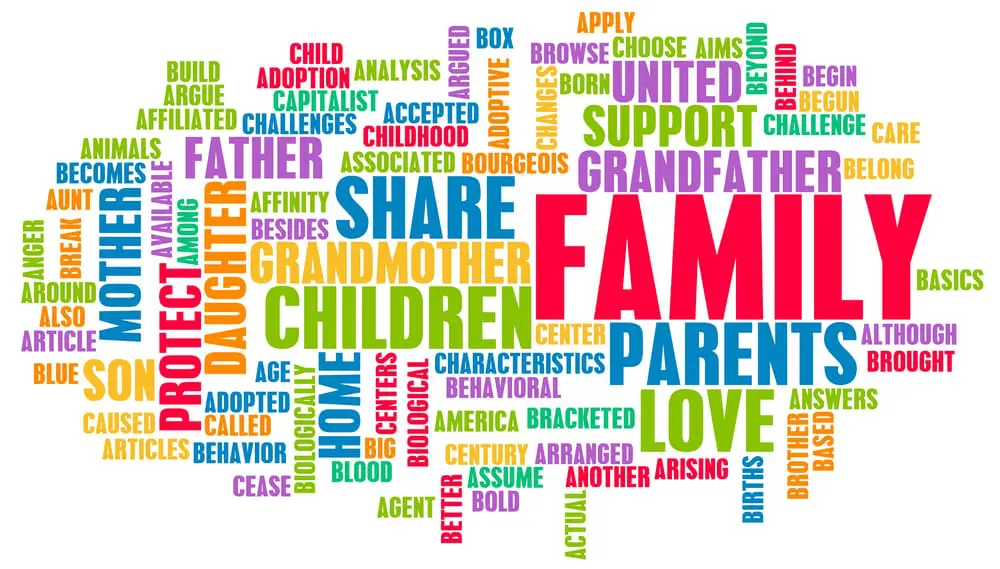
Finding Like-Minded Individuals
Finding like-minded individuals who share your values and goals can help you stay financially responsible in a consumerism culture. These individuals can provide support, encouragement, and accountability as you navigate peer pressure and make responsible financial decisions.
One way to find like-minded individuals is to join local groups or clubs that align with your interests and values. For example, if you are interested in minimalism or frugal living, you may want to join a local group focusing on these topics. You can also connect with like-minded individuals online through social media or forums.
Role of Family and Friends
Family and friends can play an essential role in supporting your financial goals and helping you resist peer pressure. Communicating openly with your loved ones about your financial values and goals is essential. This can help them understand why you may make certain financial decisions, such as avoiding expensive purchases or opting for experiences over material possessions.
It is also important to surround yourself with individuals who support your financial goals and values. If you have friends or family members constantly pressuring you to spend money or make irresponsible financial decisions, limit your time with them or have an open and honest conversation about your concerns.
Building a solid support system can be valuable in navigating peer pressure and staying financially responsible in a culture of consumerism. Finding like-minded individuals and communicating openly with family and friends can create a supportive environment that encourages responsible financial decision-making.
Practical Tips for Mindful Spending
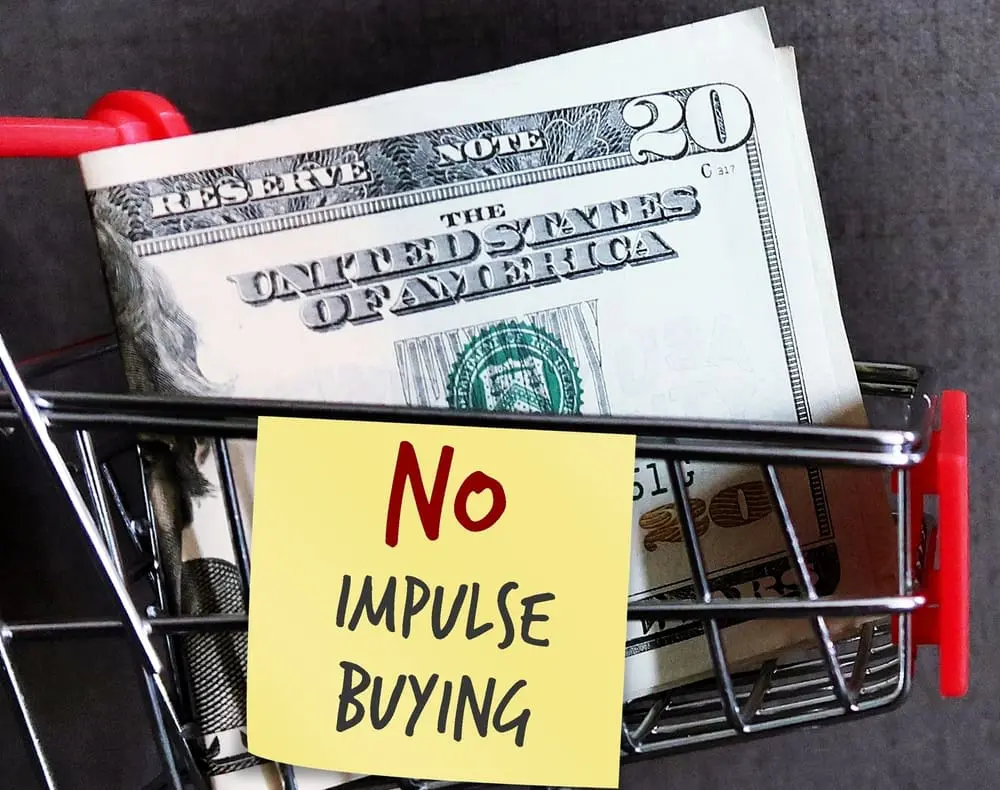
As we navigate through a culture of consumerism, it’s important to practice mindful spending habits. Here are some practical tips to help you stay financially responsible:
Smart Shopping Techniques
It’s essential to have a plan and stick to it when shopping. Here are some clever shopping techniques to help you save money:
- Make a list: Before heading to the store, list the items you need to buy. This will help you avoid purchasing unnecessary items.
- Compare prices: Compare the prices of the items you need to buy from different stores to ensure you get the best deal.
- Use coupons and promo codes: Check for coupons and promo codes before purchasing. This can help you save money.
- Buy in bulk: Buying in bulk can save you money in the long run, especially for items you use frequently.
Avoiding Impulse Purchases
Impulse purchases can quickly add up and cause you to overspend. Here are some tips to help you avoid impulse purchases:
- Wait before making a purchase: When you see something you want to buy, wait 24 hours before making the purchase. This will give you time to consider whether you need the item.
- Avoid shopping when you’re emotional. Emotions can lead to impulse purchases. Wait until you’re in a better state of mind before purchasing.
- Stick to a budget: Before going shopping, set a budget and stick to it. This will help you avoid overspending.
Using these practical tips, you can overcome peer pressure and remain financially responsible in a culture of consumerism.
Reflecting on Personal Values

As I navigate the culture of consumerism and peer pressure, it’s essential for me to reflect on my values and beliefs. This allows me to align my spending with my beliefs and stay financially responsible.
Aligning Spending with Beliefs
I must first identify my values to align my spending with my beliefs. This involves reflecting on what’s important to me and what I want to prioritize. For example, if I value experiences over material possessions, I may spend my money on travel or concerts instead of buying the latest gadgets or fashion items.
Once I’ve identified my values, I can create a budget that reflects them. This means allocating more money to things that align with my beliefs and cutting back on things that don’t. It’s important to remember that this doesn’t mean I can’t enjoy material possessions; instead, it means I’m intentional about my spending and ensure it aligns with my values.
The Impact of Materialism
Materialism can negatively impact my financial well-being and overall happiness. When I constantly compare myself to others and try to keep up with the latest trends, I may end up overspending and accumulating debt. Additionally, focusing too much on material possessions can lead to emptiness and dissatisfaction, as I’m always chasing the next new thing.
Reflecting on my values and being mindful of materialism’s impact, I can remain financially responsible and live a more fulfilling life.
Frequently Asked Questions
What strategies can individuals employ to resist peer pressure when making financial decisions?
Individuals can employ several strategies to resist peer pressure when making financial decisions. One of the most effective methods is to set clear financial goals and priorities. Having a budget and sticking to it can also help individuals avoid overspending. Additionally, individuals can surround themselves with like-minded people with similar financial values.
How can understanding one own spending behavior help combat consumer-driven peer pressure?
Understanding one own spending behavior can help individuals identify their triggers for overspending and make conscious decisions to resist peer pressure. It can also help individuals develop healthy financial habits and create a budget that aligns with their values and goals.
What are the long-term impacts of succumbing to financial peer pressure on personal savings and investments?
Succumbing to financial peer pressure can significantly impact personal savings and investments. It can lead to overspending, debt, and a lack of financial security. Additionally, it can hinder an individual’s ability to achieve long-term financial goals, such as saving for retirement or purchasing a home.
In what ways can peer pressure lead to unsustainable financial habits, and how can one safeguard against them?
Peer pressure can encourage unsustainable financial habits, such as overspending, taking on debt, and prioritizing immediate gratification over long-term financial stability. To safeguard against these habits, individuals can create a budget, set clear financial goals, and surround themselves with like-minded people who share similar financial values.
How can one effectively adjust their budget to accommodate social spending while remaining financially responsible?
One effective way to adjust a budget to accommodate social spending while remaining financially responsible is to prioritize social events that align with one’s values and budget. Individuals can also consider less expensive alternative social activities, such as hosting a potluck dinner or planning a picnic in the park.
What role does self-awareness play in recognizing and countering negative financial peer pressure?
Self-awareness plays a critical role in recognizing and countering negative financial peer pressure. It allows individuals to identify their financial values, triggers, and habits and make conscious decisions that align with their long-term financial goals. Self-awareness can help individuals build resilience and confidence in their financial decision-making.
Disclaimer: Millennial Credit Advisers is not a licensed credit service provider or financial advisor. We don’t offer credit repair, debt management, or legal services. Educate yourself on saving, reducing debt, and managing credit for economic improvement. Understand credit reports, scores, and financial products. Consult a financial advisor for personalized advice. Track your progress for a better credit journey.
Written content: Please view our full AI Use Disclosure.
We improve our products and advertising by using Microsoft Clarity to see how you use our website. By using our site, you agree that we and Microsoft can collect and use this data. Our privacy policy has more details.
















